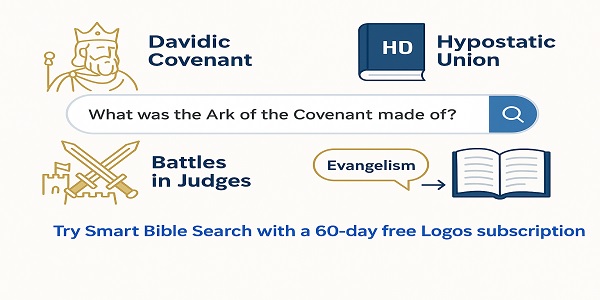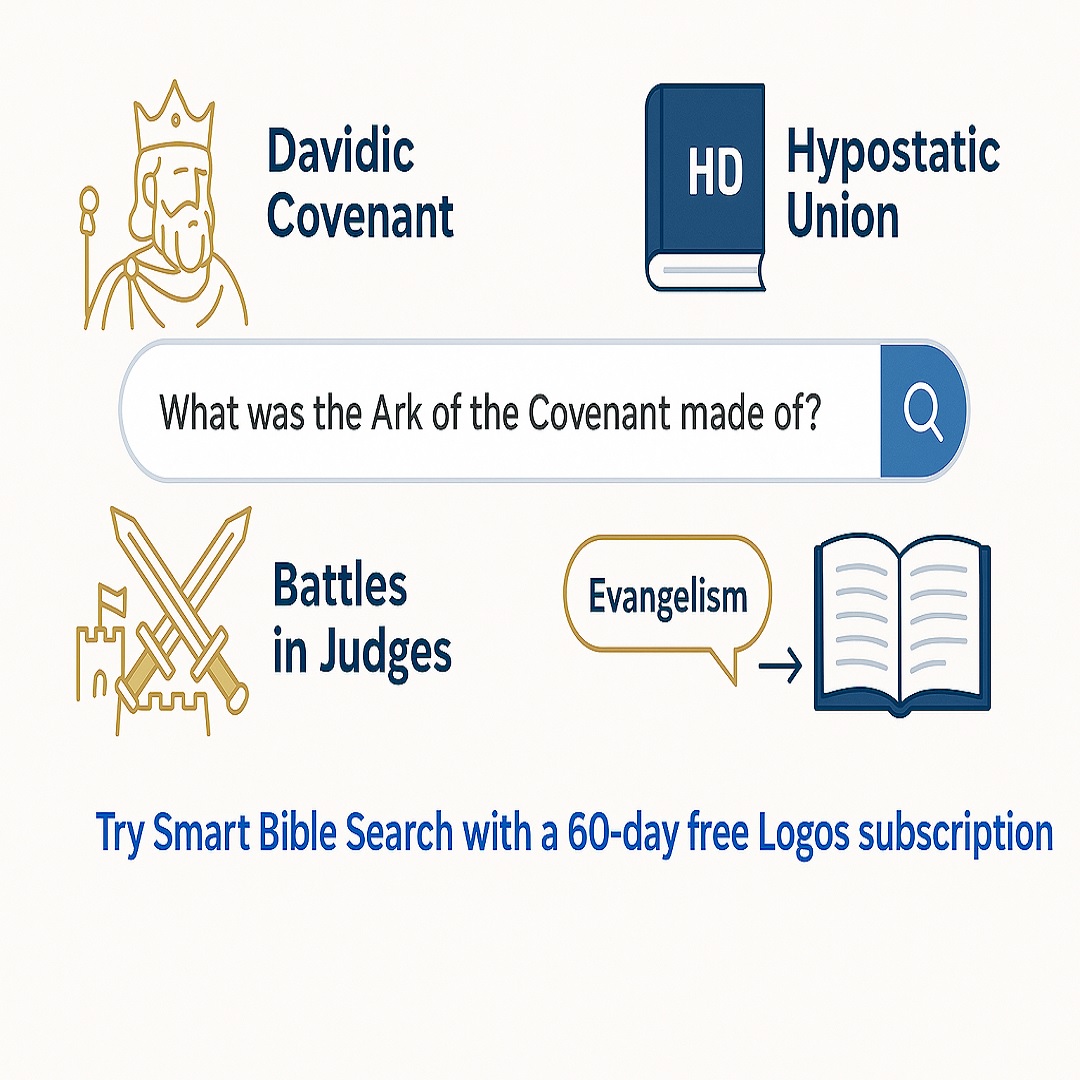Forgiveness and Holiness
With the immediate attraction of the controversial theology of predestination and election, in the first part of Ephesians 1:4, it is far too easy to miss the rest of the verse and its vital importance in our understanding of forgiveness and its relationship to being holy and without fault.
In Ephesians 1: 4 Paul continues,
“so that in love we could be holy and without fault before him”.
This serves as a reminder of the Law, which outlines how a person presents themselves in the Tabernacle before the Lord. Before entering, one must make restitution to their neighbour where appropriate. One approaches the Lord with a sacrifice to restore fellowship within the community of God. Now, “in Him,” we no longer require sacrifices to enter sacred space because He has completed all the sacrifices. “In Him,” we become sacred space.
Understanding the Purpose of Sacrifices in Ancient Worship
In ancient Israelite culture, the practices prescribed in the Law served a complex purpose extending beyond mere sin management. The sacrifices outlined in texts such as Leviticus encompass various aspects of life, emphasizing the ritual cleansing of sacred spaces rather than solely addressing sin. For instance, events like childbirth, menstrual cycles, bodily discharges, and even diseases invoke specific ritual responses but do not inherently indicate sinfulness. These practices underline the distinction between ritual impurity and moral wrongdoing.
Sacred Space and Community
The concept of sacred space plays a crucial role in ancient worship rituals. When someone experiences bodily changes or comes into contact with unclean substances, they create a barrier between themselves and the divine presence because these things are associated with death, while God is life. In these cases, the sacrifices aimed to restore that sacred space, making it safe for the worshiper and the community. Proximity to God was inherently dangerous; the burnt offering symbolizes the worshiper’s desire to be accepted in God’s presence. Making an offering was seeking forgiveness so much as a contrite heart; it was about ensuring one could safely approach God.
Restitution and the Tabernacle
When a worshiper sinned against a neighbour, repair was essential before seeking reconciliation with God. The Law emphasizes that one must make restitution for wrongful acts. This process stresses the importance of communal harmony and ethical living, reinforcing that interpersonal relationships matter in the spiritual realm. Only after addressing these issues could the offender approach the Tabernacle, seeking to restore their access to the divine.
The Role of Sacrifices
Sacrifices serve as a means to achieve acceptance within the sacred community. They facilitate reconciliation between the worshiper and God while purifying the imperfect space around them. The burnt offering, in particular, was a voluntary act of devotion, reflecting a renewed commitment to living by God’s will. This sacred act transforms the offerer’s relationship with God, reinforcing that they can confidently dwell within His presence.
Proximity to God was inherently dangerous; the burnt offering symbolizes the worshiper’s desire to be accepted in God’s presence. Rather than merely an obligation, these rituals encapsulate a desire for profound connection, acceptance, and communal harmony within the sacred framework of their society.1
Understanding Ephesians 1:4 in Light of Forgiveness and Holiness
Ephesians 1:4 states, “ … just as he chose us to be in him* before the beginning of this world, so that in love we could be holy and without fault before him.” This verse encapsulates profound theological themes about divine choice, holiness, and the nature of love within the framework of Christian understanding, especially as it relates to the concepts of forgiveness and reconciliation. It is forgiveness – holy and without fault.
Divine Election and Purpose
Paul establishes that God chose believers “in Him” before He created the world. This divine election does not involve selection for salvation alone; it also includes a purpose. Forgiveness expresses itself as “holy and without fault.” Reflecting God’s intention to create a people set apart for Himself—a theme rooted deeply in both the Levitical system and the New Testament.
In the Old Testament, God called Israel to be a holy nation (Exodus 19:6), emphasizing that their conduct should reflect His holiness. The Levitical law focuses on purity and the ceremonies were integral to this aim. Yet they were incomplete since they depended on external observances rather than internal transformation.
Holiness and Love
The phrase “in love” highlights the relational aspect of God’s plan. Unlike the Levitical system, which often felt transactional, the New Testament emphasizes a loving relationship with God. Holiness was never merely about following rules; it originates from being in a loving relationship with Him. Paul emphasizes that it is through love that believers can achieve the holiness and blamelessness God desires.
This aligns with the teachings of Jesus, who repeatedly underscored the importance of love in fulfilling the law (Matthew 22:37-40). For Paul, the love of God is not just the foundation for holiness but also the motivation for transformation. When believers recognise their choice in love, they feel inspired to live lives that reflect that love—becoming holy and without fault in a relational context.
Transformation through Forgiveness
The transformation to a holy and blameless life is intimately linked to forgiveness. In the New Testament, forgiveness through Christ’s sacrifice frees individuals from the guilt and shame that can hinder their relationships with God and others. The process of receiving forgiveness redefines one’s identity. Rather than being defined by past sins or failures, believers are called to embody their new identity as chosen and loved individuals.
Through Jesus’ sacrifice, believers are invited into a new state. They can boldly stand before God without fault. This is not to say that believers achieve perfection on their own; rather, it reflects the imputed righteousness of Christ. The living out of this identity involves ongoing renewal and transformation, cultivating a holiness that reflects God’s character.
Living Out Holiness
Forgiveness as an integration of holiness, being “holy and without fault”, and love as outlined in Ephesians 1:4 invites believers to see their lives as an ongoing response to God’s love. It challenges them to engage in relationships—with God and each other—that reflect the forgiveness and grace they have received. This unity and mutual edification are testimony of their identity as loved, chosen, and called to be holy.
=========================================
1Naked Bible 63: Introducing Leviticus



 Search The Bible the way you have always wanted to.
Search The Bible the way you have always wanted to. The most complete Bible study Platform. Start you Free trial Now!
The most complete Bible study Platform. Start you Free trial Now!



